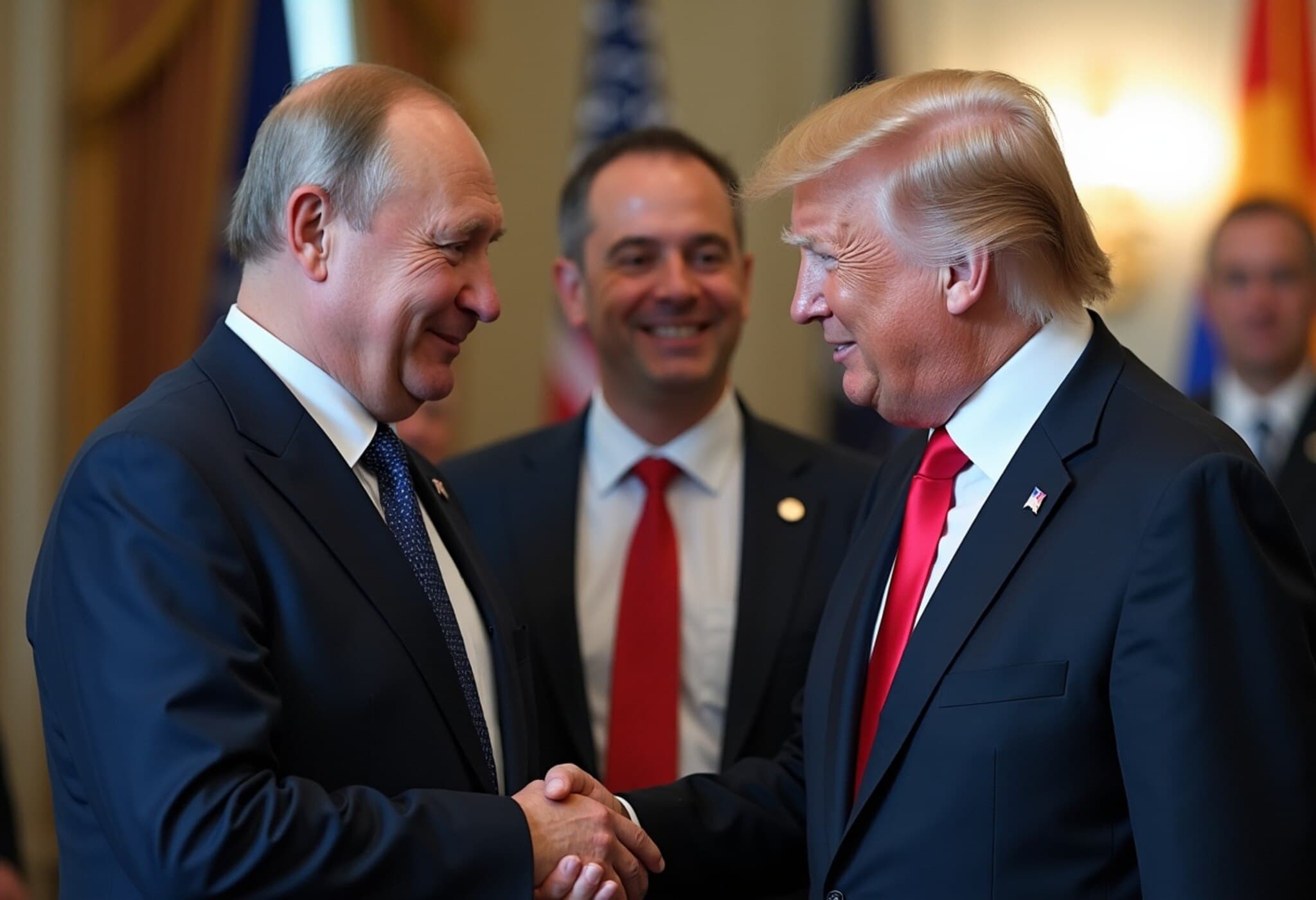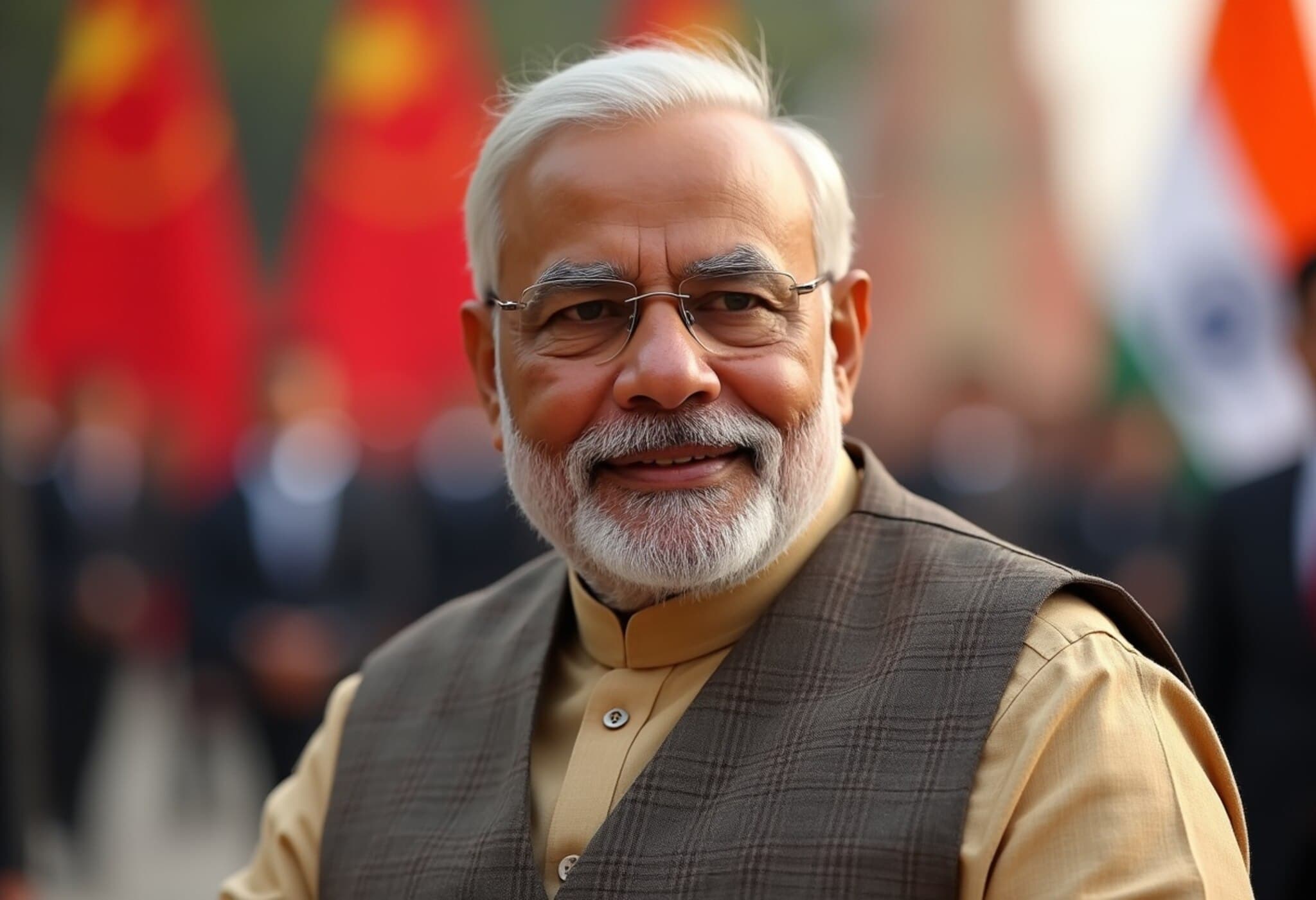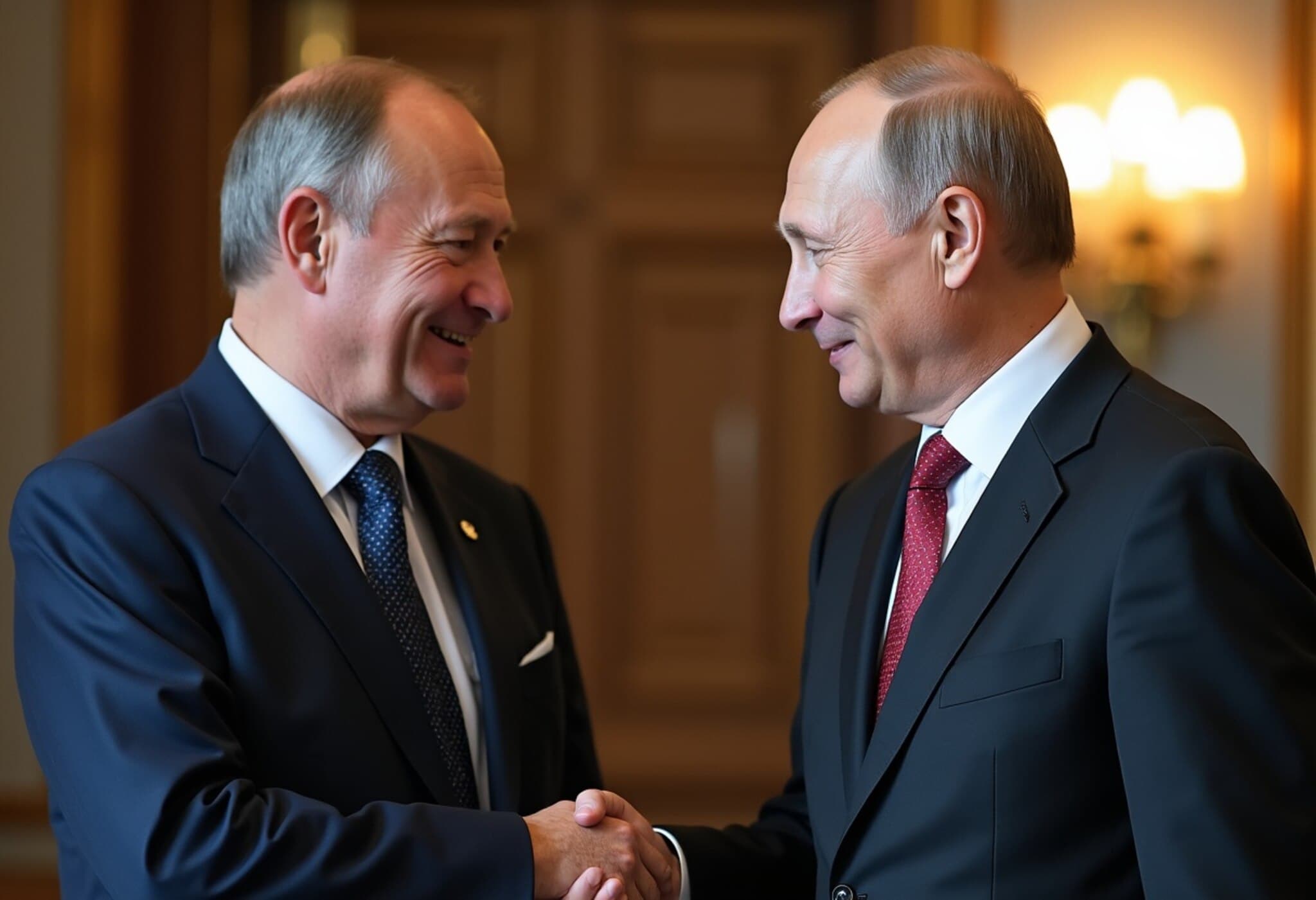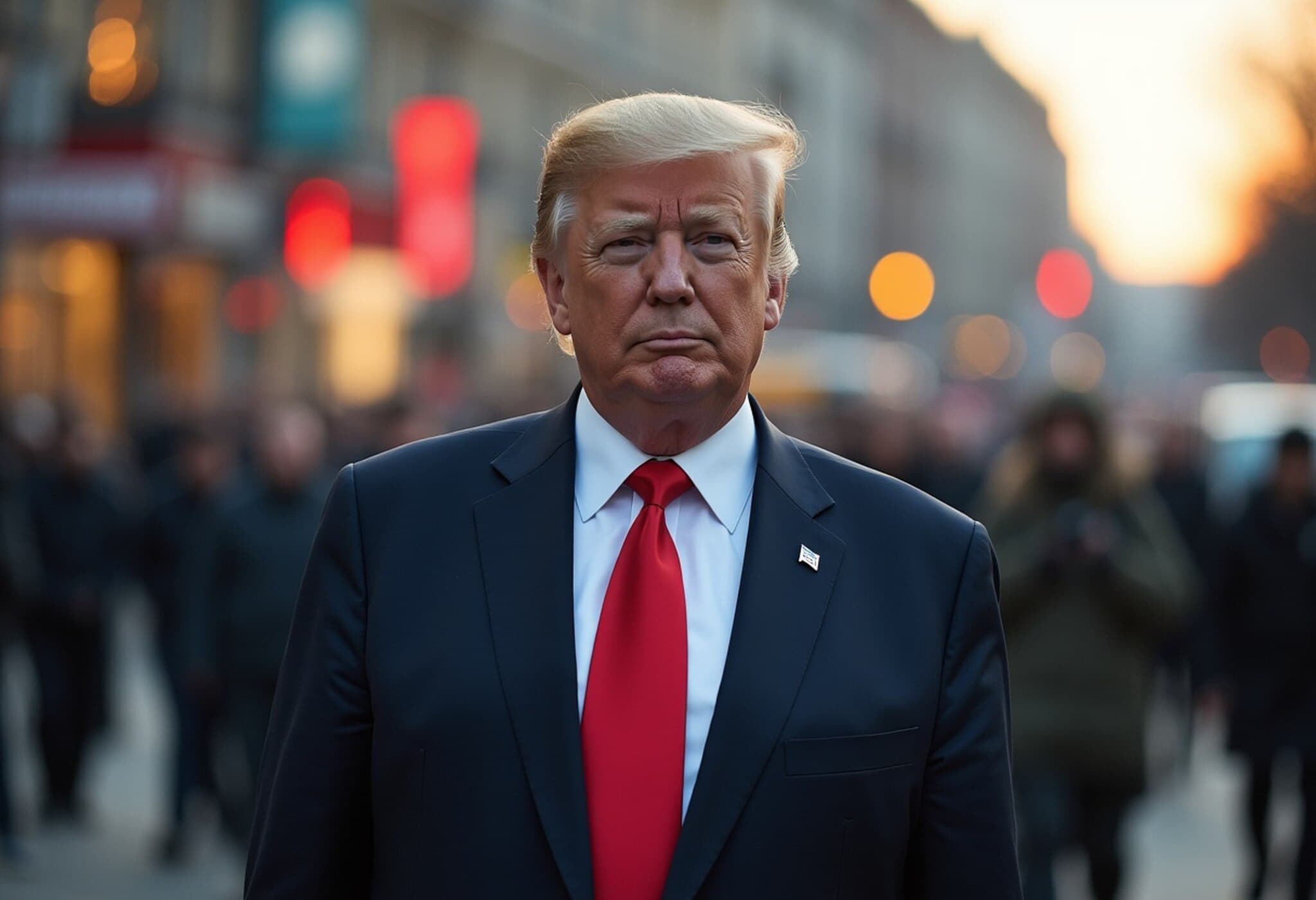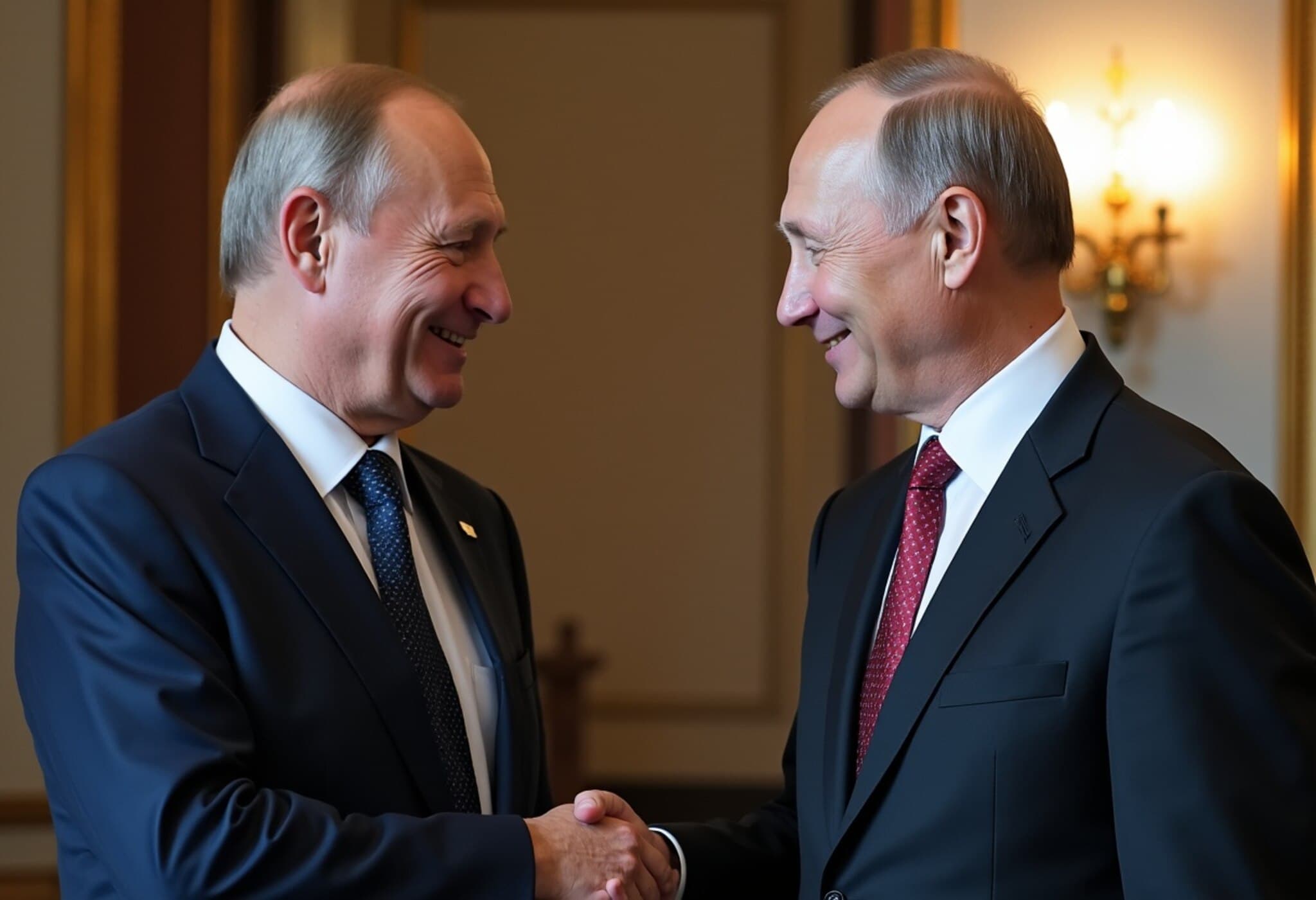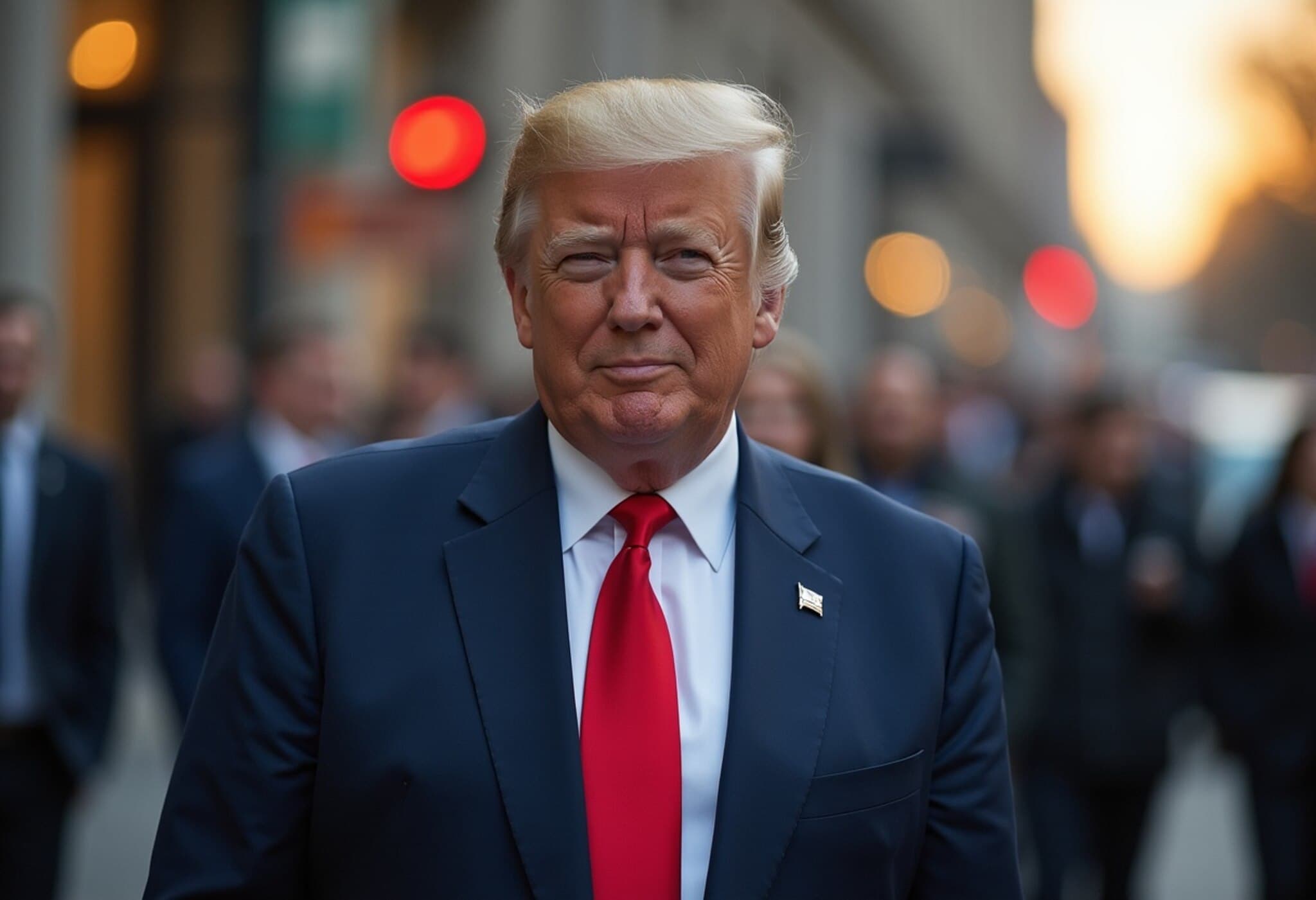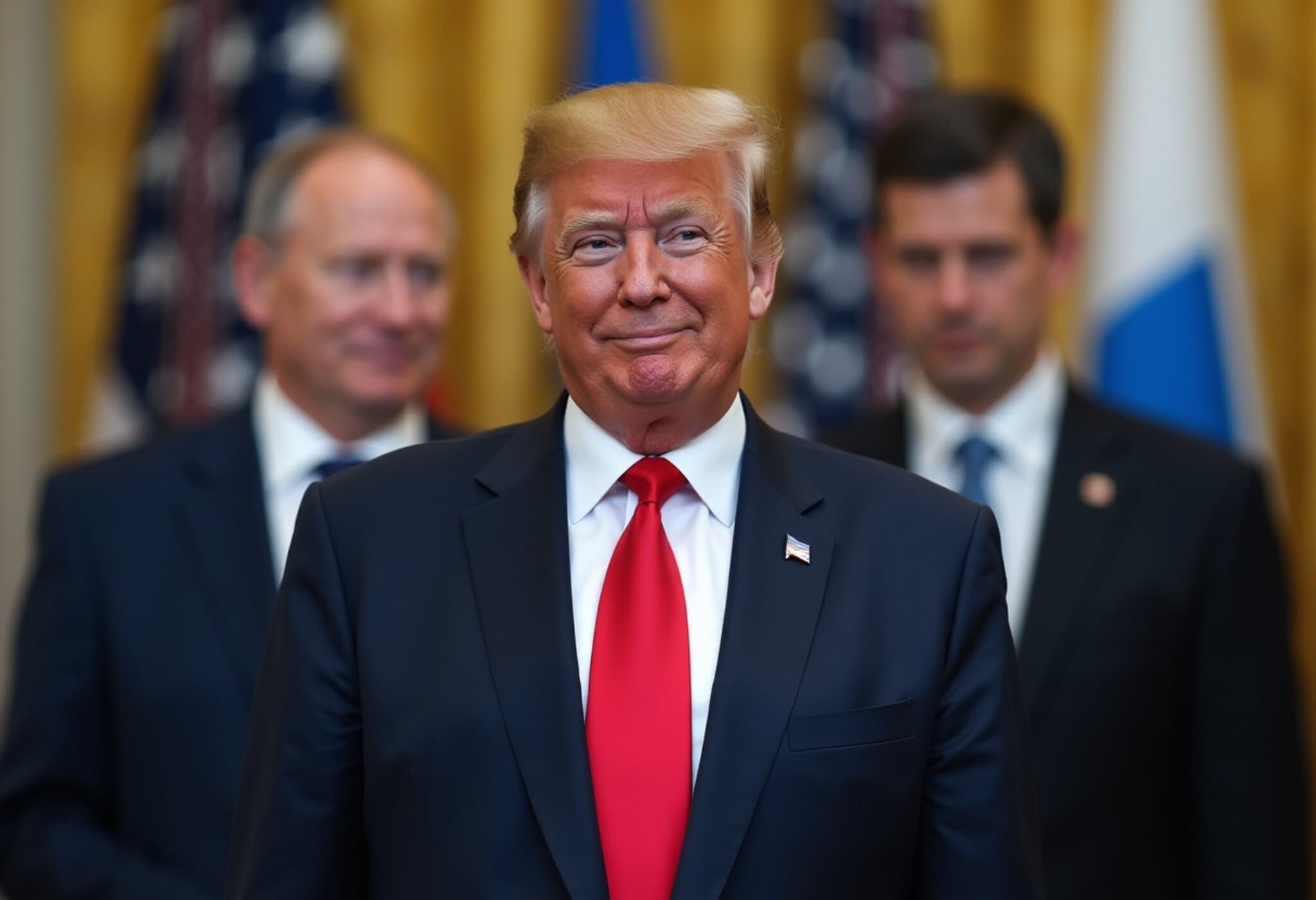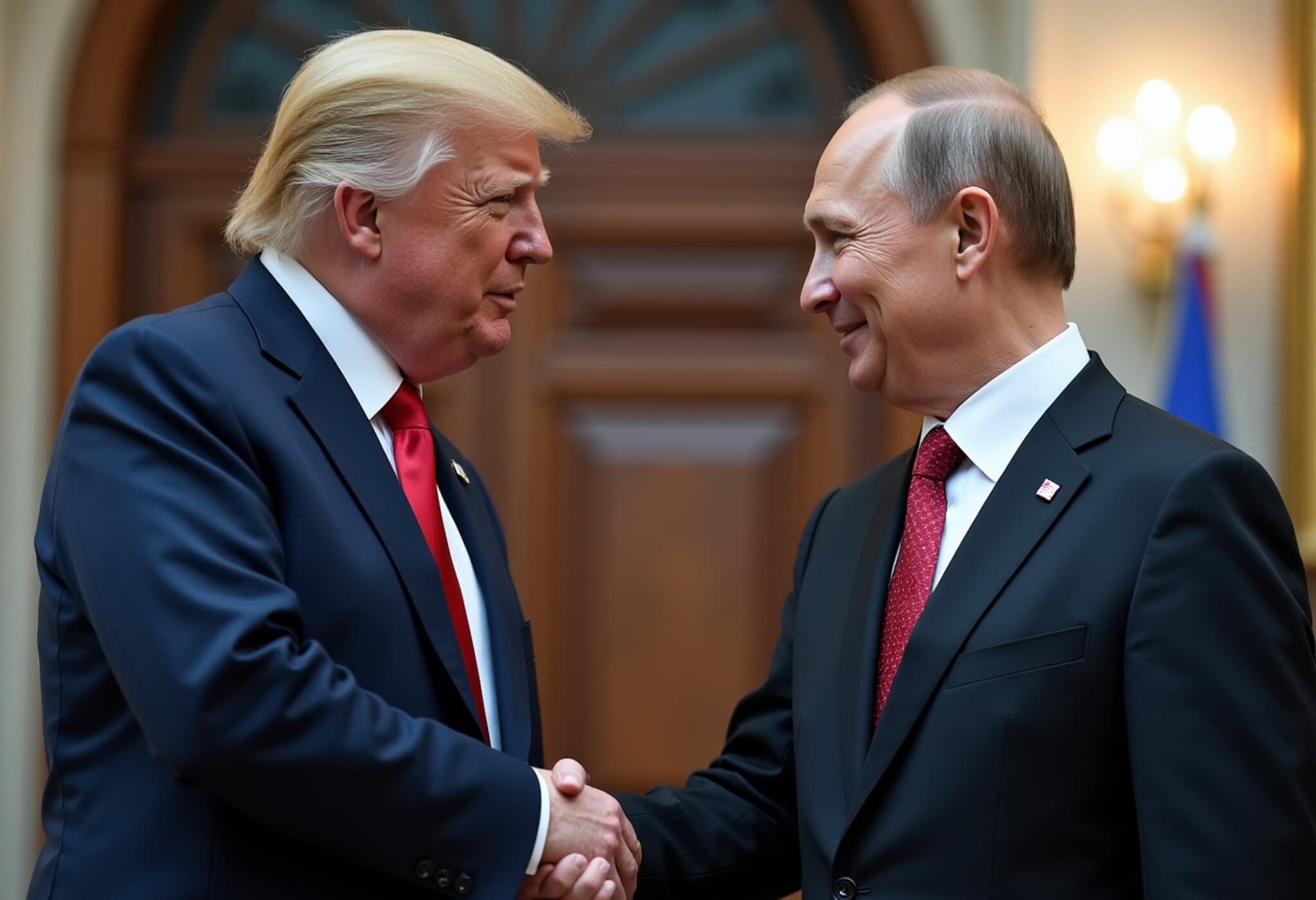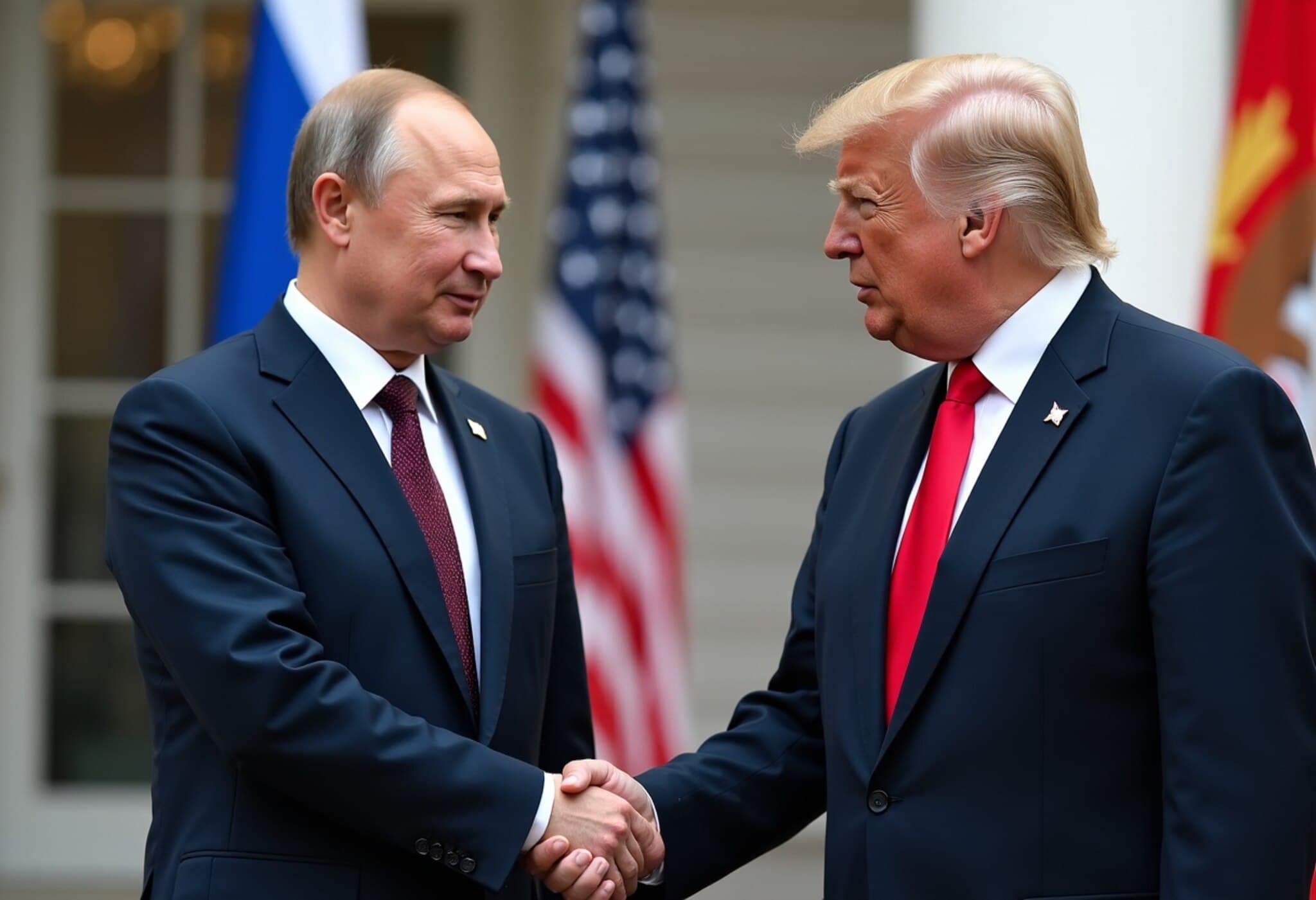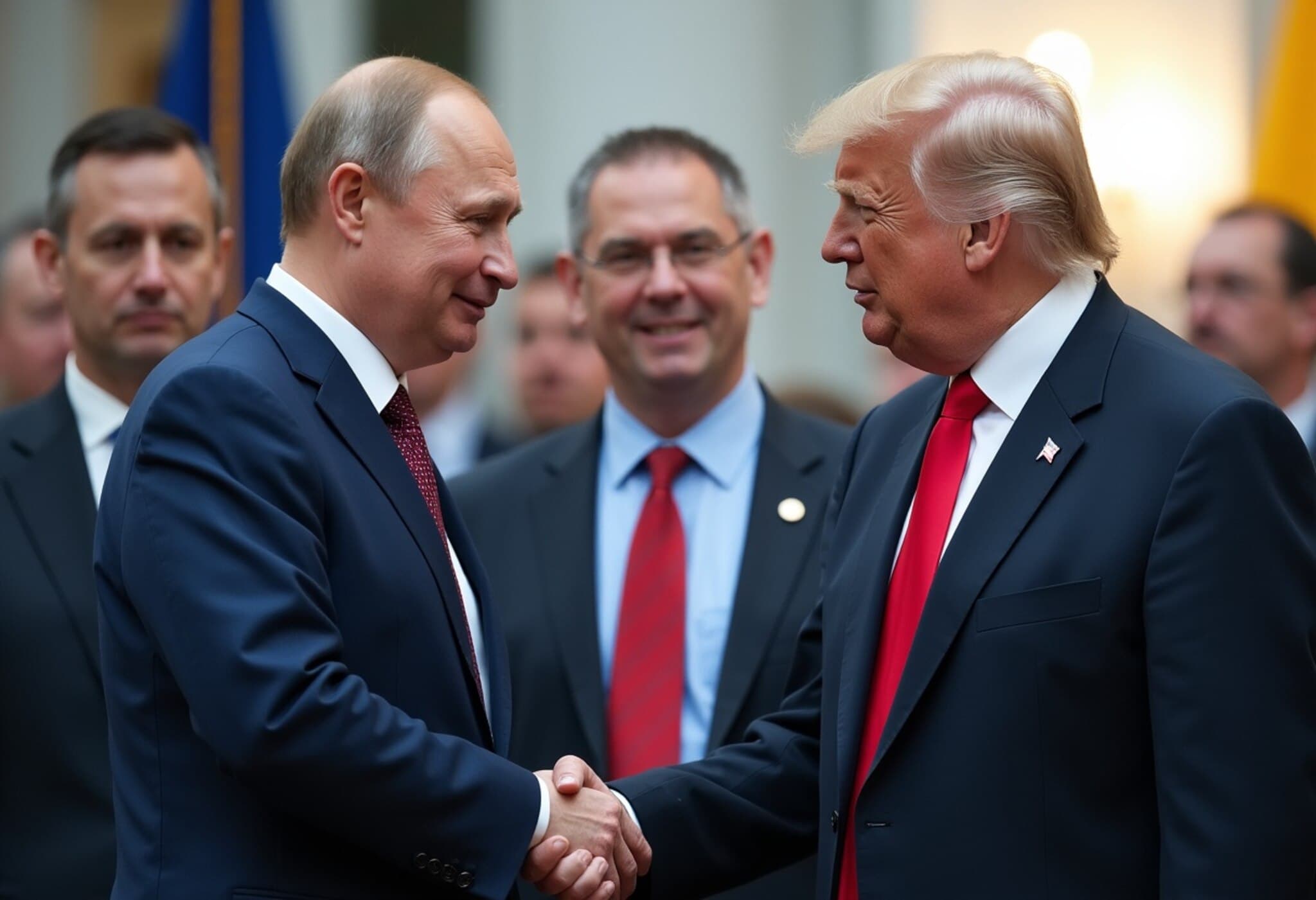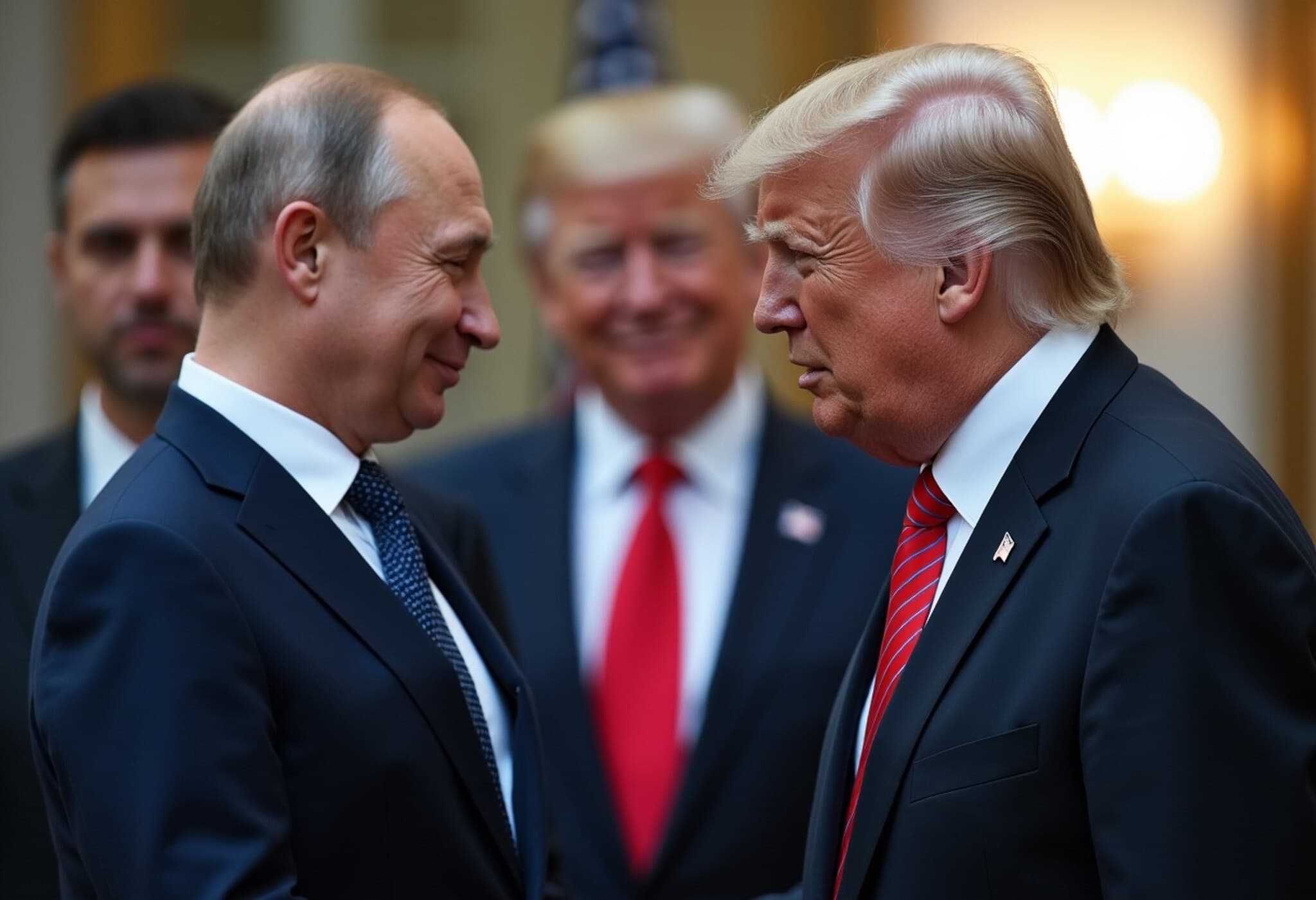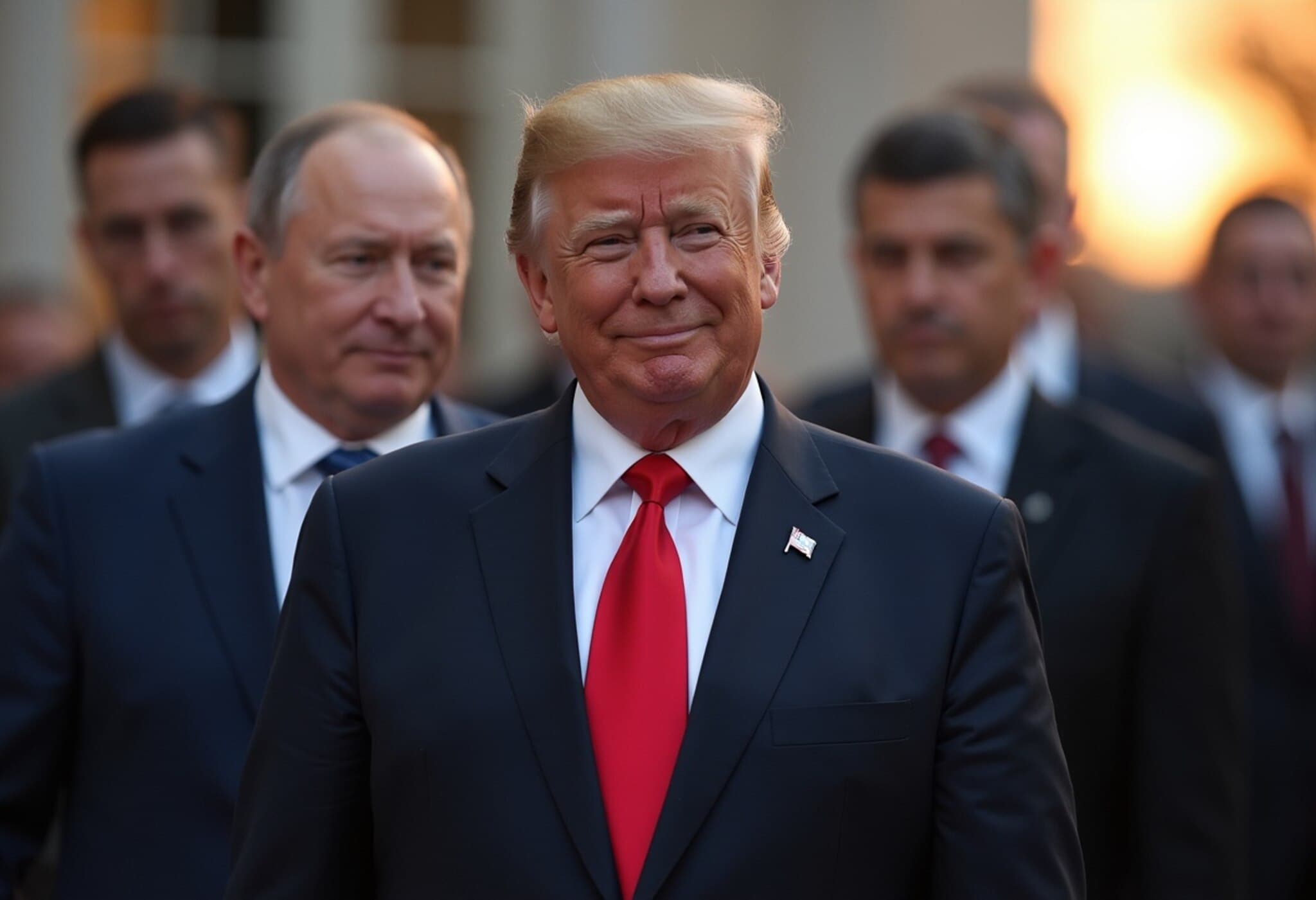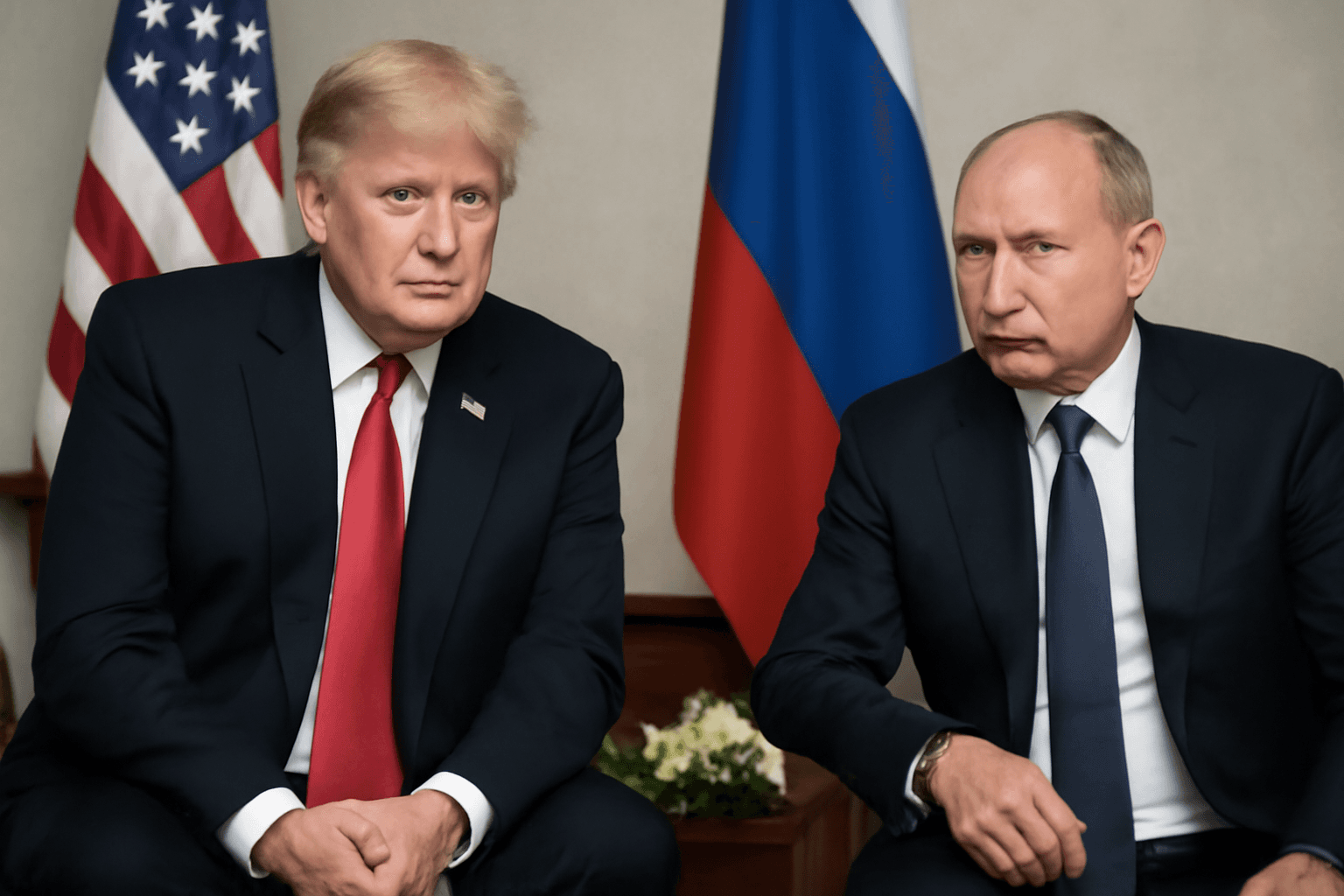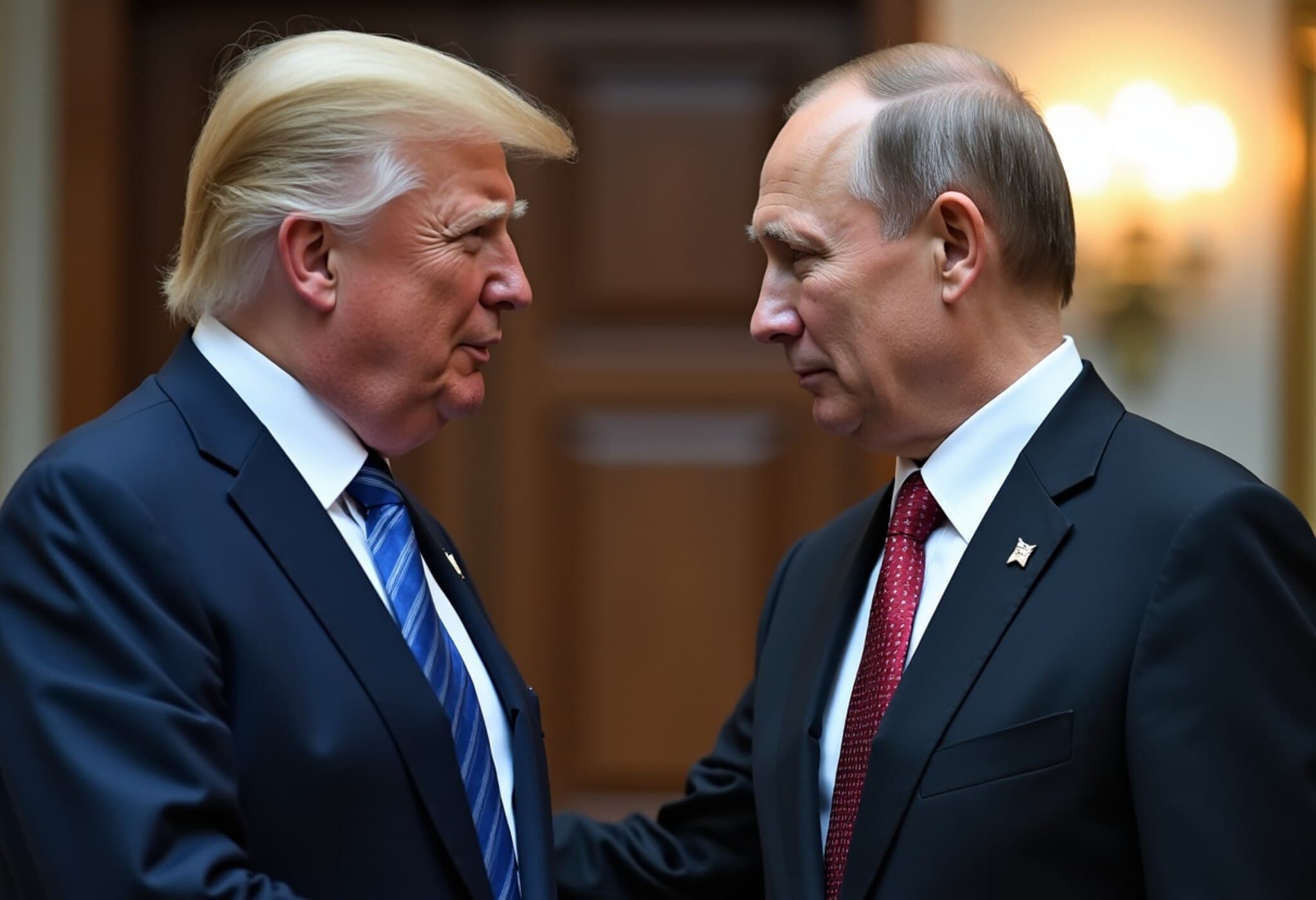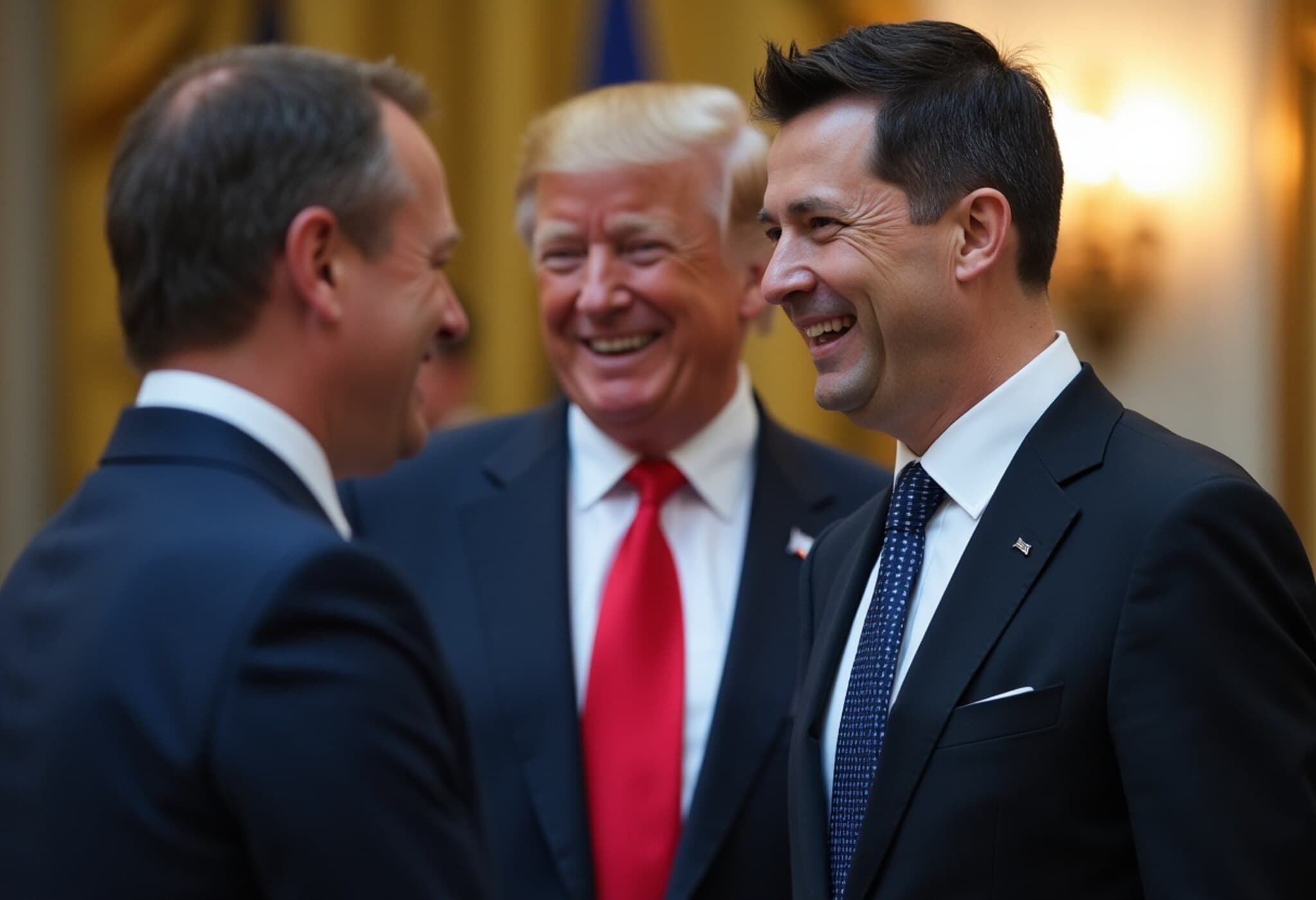Putin and Trump Meet in Alaska: A Summit of Smiles Without a Ceasefire
In a highly anticipated diplomatic encounter in Alaska, Russian President Vladimir Putin and former U.S. President Donald Trump concluded their talks without securing a ceasefire in Ukraine, despite Trump's earlier warnings of severe consequences if Russia rejected the proposal. What unfolded, however, was a surprisingly cordial summit that diffused the looming threat of new sanctions and left many observers questioning the real outcomes behind the smiles.
Pre-Summit Warnings and High Stakes
Just days before the Alaska meeting, Trump underscored a stern stance, suggesting that failure by Russia to agree to a ceasefire would usher in stringent economic penalties. This posture aligned with promises made to Ukrainian President Zelenskyy and European allies concerned about the ongoing conflict.
Addressing reporters in Washington, Trump hinted at the possibility of a follow-up summit involving himself, Putin, and Zelenskyy, terming it a pathway to peace — but contingent upon Russia’s cooperation. His remarks created expectations of tangible pressure on Moscow to halt hostilities.
The Summit’s Surprising Outcome: No Ceasefire, No Consequences
Contrary to the warnings, post-summit statements from both leaders were notably soft, avoiding any direct mention of a ceasefire or punishment. Putin described the discussions as "friendly," and Trump responded with warmth, publicly acknowledging that the war might never have escalated under his presidency.
The summit saw Putin skillfully maneuvering around the threat of additional U.S. sanctions. Instead of immediate punitive steps, the Kremlin was granted a diplomatic reprieve, with punitive measures deferred unless Moscow shows a genuine commitment to resolving the conflict.
- Putin warned Western governments and Ukraine not to "torpedo the nascent progress," subtly shifting the onus on Kyiv's backers to moderate their military and political support.
- Trump floated ideas of security guarantees to Ukraine outside NATO's framework, signaling a shift in U.S. policy stance that could complicate the alliance's role in the region.
Expert Analysis: A Diplomatic Win for Putin?
Former U.S. National Security Adviser John Bolton summed up the summit succinctly: “Trump did not lose, but Putin clearly won.” Bolton emphasized that while Trump secured the promise of future talks, no concrete gains emerged, especially in terms of halting the war or imposing sanctions.
Bolton further highlighted Putin’s strategic approach, framing the Russian President as a consummate tactician playing on Trump’s perceived friendliness to circumvent international pressure. This interplay raises questions about the effectiveness of personal diplomacy when pitted against calculated geopolitical interests.
Contextualizing the Alaska Summit in U.S.-Russia Relations
The meeting took place against a backdrop of tension marked by the ongoing war in Ukraine and strained U.S.-Russia relations. Historically, summits like these can symbolize openings for peace or signal diplomatic standoffs. In this case, it appears Putin managed to neutralize the immediate threat of sanctions while avoiding concessions.
American policymakers and observers are left to consider whether the absence of harsher U.S. responses signals a shift in strategic patience or an underestimation of Russia's resolve. The potential sidelining of NATO in discussions about Ukraine’s security also raises implications for transatlantic cohesion and future policy coordination.
Critical Questions Moving Forward
- Will the U.S. follow through on its warnings if Russia continues hostilities?
- What impact will the idea of security guarantees outside NATO have on the alliance’s unity?
- How will Ukraine and its allies respond to the apparent diplomatic pass given to Moscow?
These questions remain at the forefront as the international community watches closely, seeking clarity on the path ahead.

